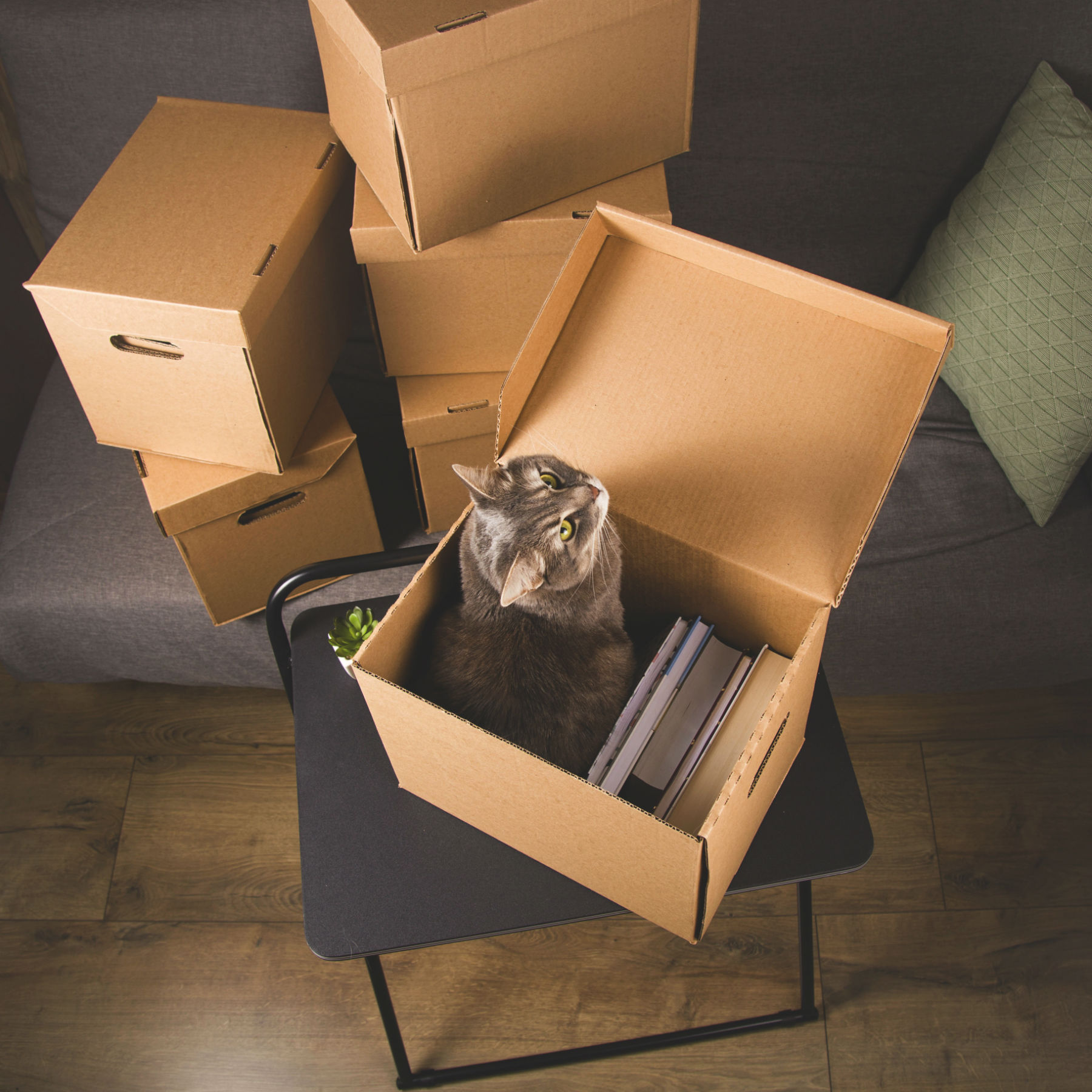Packing efficiently and effectively is an art form. It requires foresight, self control and a very specialized skill set. Luckily, anyone can learn to be a master packer if they follow a few simple rules and guidelines. This article will cover such packing-related topics as the necessity to travel light, the benefits of rolling clothes over stacking and the advantages of consulting weather forecasts. Read below to find out more.
Only take carry-on luggage when you travel by air. If you can limit yourself to one carry-on bag and eliminate the need to check in any luggage, you will save yourself a world of time and hassle. It may sound daunting – but seasoned travelers swear that one small bag provides easily enough space for the travel essentials, you just need to cut-down on any non-essential items.[1]
Limiting yourself to carry-on luggage makes the process of traveling much easier – you will get in and out of any airports you use a lot faster, and enjoy the convenience of having all of your travel essentials directly on hand throughout your flight. You will also avoid the risk of incurring charges on overweight check-in bags, particularly on smaller local airlines.
Packing a single small bag also has its advantages once you reach your destination. You will be a lot more flexible when it comes to moving from place to place, making it easier to take advantage of any opportunities or adventures that come your way. You will also appear as less of an easy target to pick-pockets and con artists.
Create a packing list. Create an extensive list of all the things you think you might possibly need for your trip. Consider clothes, toiletries, medicinal items, swimwear, business attire, outdoor equipment, entertainment, electronics and anything else you can think of. Then consider this list with a more critical eye and really think about which items are really essential for your trip and which are more “just in case”. Cross off any non-essential items, as you won’t be taking them with you.[2]
Remember – unless you’re travelling to the Antarctic, a remote area, Ascension Island, the Sahara desert or other especially far flung place, you will almost certainly be able to buy any additional items you need at your destination, in case of an emergency.
Once you have whittled down your list to a bare minimum, you must promise to stick to it. If you deviate from your list at all, things may spiral out of control and you’ll end up trying to pack the kitchen sink.
Even if you think you might be saving yourself a possible expense by packing your scuba gear, forget about it. The hassle of lugging a heavy case around won’t be worth it.

